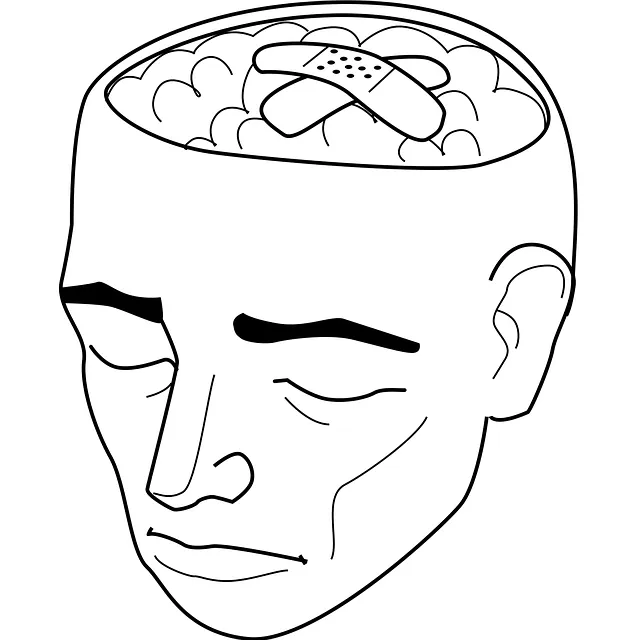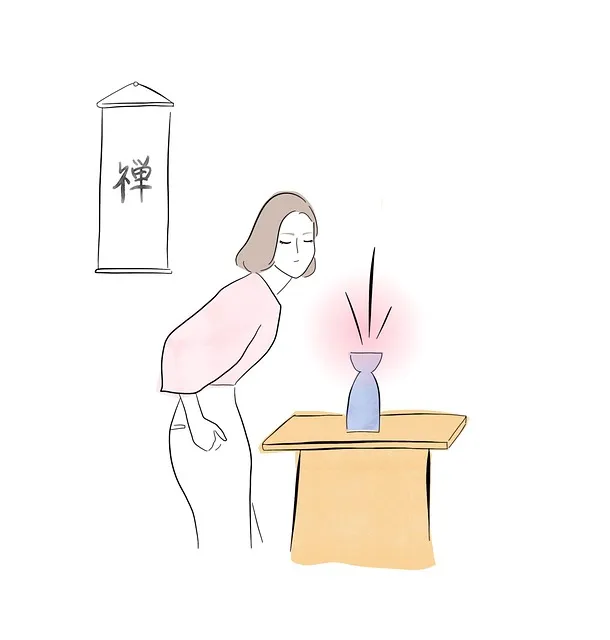Aurora Kaiser Permanente's standout approach in psychiatry focuses on comprehensive Aurora Kaiser Permanente psychiatry reviews that prioritize risk assessment for harm minimization. This process, backed by historical and current data analysis, enables mental health professionals to proactively develop effective communication strategies and social skills training. By integrating clinical expertise with best practices, they foster a culture of safety, promote emotional regulation, and improve treatment outcomes. Through regular reviews, sophisticated risk management tools, public awareness campaigns, research, and education, Aurora Kaiser Permanente sets the standard for holistic mental health services.
“Risk assessment and harm minimization planning are critical components in healthcare, especially within psychiatric settings. This article explores a structured approach through the lens of the Aurora Kaiser Permanente Psychiatry model, offering a comprehensive guide for professionals. We delve into understanding risk assessment as a foundational step, followed by an examination of best practices and reviews from leading institutions. Additionally, we provide practical strategies and considerations for implementing effective harm minimization plans, drawing insights from real-world applications, including Aurora Kaiser Permanente psychiatry reviews.”
- Understanding Risk Assessment: A Foundation for Harm Minimization
- The Aurora Kaiser Permanente Psychiatry Approach: Best Practices and Reviews
- Implementing Effective Harm Minimization Strategies: Practical Steps and Considerations
Understanding Risk Assessment: A Foundation for Harm Minimization

Understanding Risk assessment forms the bedrock upon which harm minimization planning thrives. It’s a meticulous process involving careful evaluation of potential hazards and their likely impact on individuals or communities. Aurora Kaiser Permanente psychiatry reviews highlight the importance of this step in ensuring patient safety and fostering emotional healing processes. By meticulously analyzing various factors, from historical data to current circumstances, mental health professionals can identify risks that may otherwise go unnoticed.
This proactive approach allows for the implementation of effective communication strategies and social skills training—essential tools within the harm minimization framework. Such interventions not only mitigate identified risks but also empower individuals with the necessary coping mechanisms to navigate challenges. Aurora Kaiser Permanente’s comprehensive reviews underscore the transformative potential of risk assessment, paving the way for more effective and personalized care.
The Aurora Kaiser Permanente Psychiatry Approach: Best Practices and Reviews

The Aurora Kaiser Permanente Psychiatry Approach is renowned for its comprehensive risk assessment and harm minimization strategies. This approach leverages a multi-faceted model that integrates clinical expertise with innovative best practices. Regular reviews and updates ensure the effectiveness of their protocols, positioning them as leaders in the field. Their methods include sophisticated tools for identifying and mitigating risks, fostering a culture of safety among mental health professionals, and promoting emotional regulation in patients.
Beyond direct patient care, Aurora Kaiser Permanente Psychiatry plays a vital role in public awareness campaigns and development of risk management planning. By sharing their expertise through research and education, they contribute to the broader mental health community. This holistic approach not only enhances individual treatment outcomes but also positively influences the overall landscape of mental health services, making it safer and more supportive for both professionals and patients alike.
Implementing Effective Harm Minimization Strategies: Practical Steps and Considerations

Implementing effective harm minimization strategies requires a multifaceted approach that goes beyond reactive measures. At Aurora Kaiser Permanente, psychiatry reviews play a pivotal role in identifying potential risks and guiding proactive interventions. By integrating insights from the Mental Wellness Podcast Series Production and Compassion Cultivation Practices, healthcare providers can foster an environment conducive to mental resilience.
This includes promoting burnout prevention through structured support systems and regular staff training. Such strategies not only enhance patient outcomes but also contribute to a more sustainable work environment. Ensuring open communication channels and providing accessible resources for stress management and emotional well-being are practical steps that can significantly minimize harm and improve overall treatment efficacy, as highlighted in relevant psychiatric reviews.
Risk assessment and harm minimization planning are essential components of any comprehensive psychiatric care strategy. As evidenced by Aurora Kaiser Permanente psychiatry reviews, a structured approach can significantly enhance patient outcomes and safety. By understanding risk assessment as a foundational step and implementing effective harm minimization strategies, healthcare providers can create a more secure environment for vulnerable individuals. These practical steps not only ensure the well-being of patients but also foster a culture of care that prioritizes prevention and early intervention.






